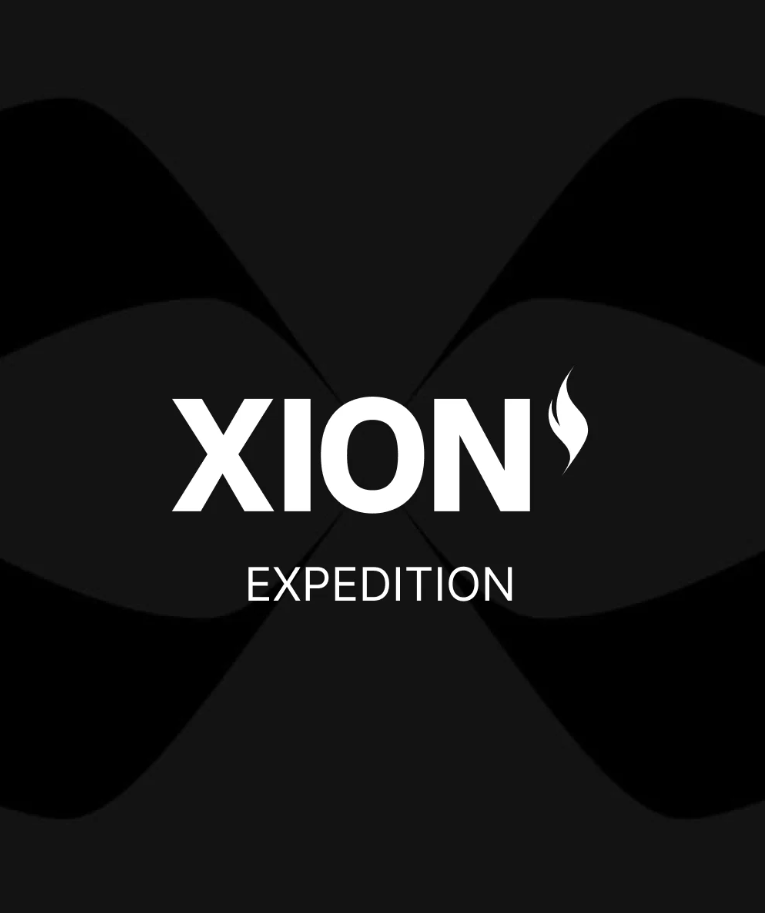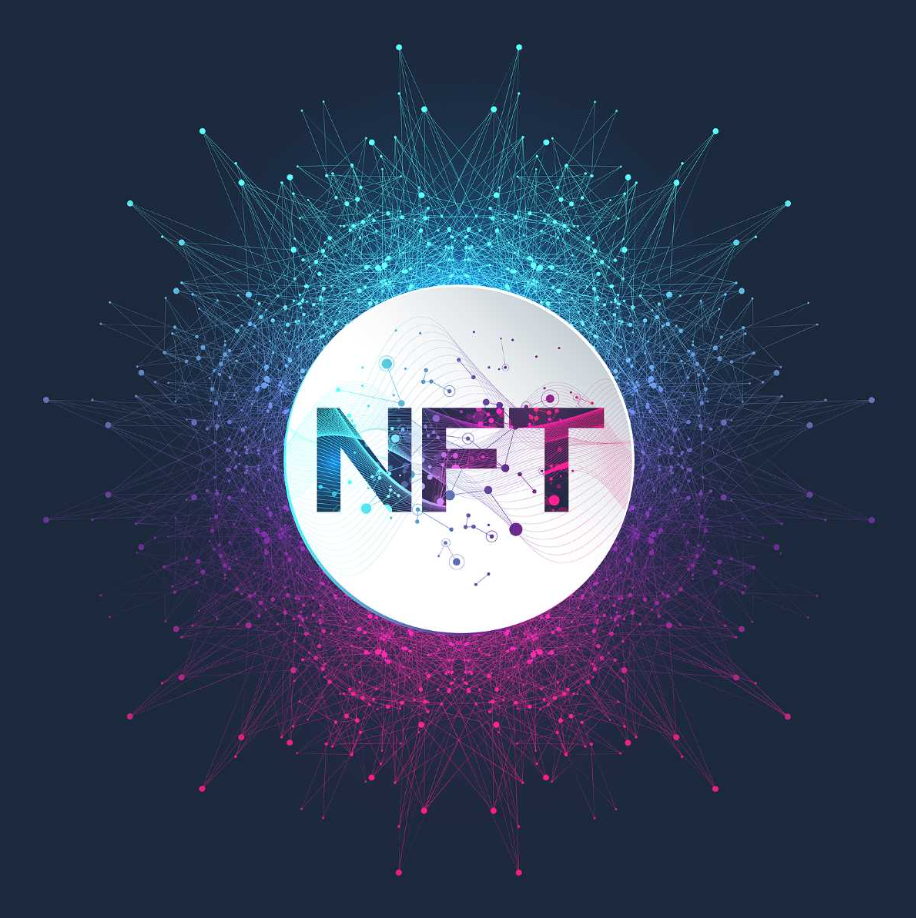Blockchain technology, known for transforming various industries, is now making inroads into the energy sector, offering novel ways to promote transparency, efficiency, and decentralized energy systems. It's paving the way for sustainable practices and renewable energy solutions. Let's delve into how blockchain is reshaping the energy industry and bolstering sustainability.
Blockchain Enhancing Energy Transparency and Traceability
Blockchain, a decentralized, immutable ledger, records and verifies transactions across a network of computers, infusing transparency and traceability into energy transactions. This reduces fraudulent activities and fosters accountability.
Using blockchain, renewable energy generators can create digital certificates for each unit of clean energy produced. These certificates, also known as Renewable Energy Certificates (RECs) or Guarantees of Origin (GOs), can be stored and transferred via blockchain. This system promotes the use of renewable energy by allowing consumers to verify the origin and environmental impacts of their energy.
Empowering Peer-to-Peer Energy Trading
Blockchain technology enables peer-to-peer (P2P) energy trading, potentially overhauling the energy sector. It allows consumers to directly trade excess energy generated through solar panels or other renewable sources with neighbors, bypassing traditional intermediaries and saving costs.
Blockchain-based smart contracts automate transactions, metering, and settlement processes. This enhances the adoption of decentralized energy systems, reduces reliance on conventional power grids, and empowers consumers to actively participate in the energy market.
Streamlining Energy Supply Chain Management
For sustainability and economic viability, effective energy supply chain management is crucial. Blockchain offers a secure and transparent platform to streamline energy transactions, optimize supply chains, and minimize waste.
Through blockchain, smart grids enable real-time monitoring and management of energy production, distribution, and consumption. This real-time data facilitates predictive maintenance, load balancing, and efficient grid integration of renewable energy sources, thereby reducing dependence on fossil fuels and lowering greenhouse gas emissions.
Blockchain streamlines energy trade between generators, distributors, retailers, and consumers. It employs smart contracts and automated settlement procedures to reduce administrative tasks, eliminate reconciliation issues, and cut costs, improving operational efficiency.
Decentralizing Energy Systems
Blockchain's decentralized framework encourages the development of distributed energy systems, promoting sustainability and resilience. Blockchain-powered microgrids facilitate local energy production and consumption, increasing energy security, reducing reliance on long-distance transmission lines, and enabling access to affordable and renewable energy sources in underserved areas.
Blockchain Use Cases in the Energy Sector
Several companies are leveraging blockchain to facilitate peer-to-peer energy trading and renewable energy tracking. Blockchain-based platforms eliminate intermediaries and streamline energy trading using smart contracts. Retail energy marketplaces connect consumers with a plethora of energy providers, empowering them to select suitable and cost-effective energy plans.
Conclusion
Blockchain technology has the potential to revolutionize the energy sector and propel sustainability initiatives. By improving energy traceability, enabling peer-to-peer energy trading, enhancing supply chain management, and decentralizing energy infrastructure, blockchain is creating a more open, efficient, and sustainable energy landscape.







